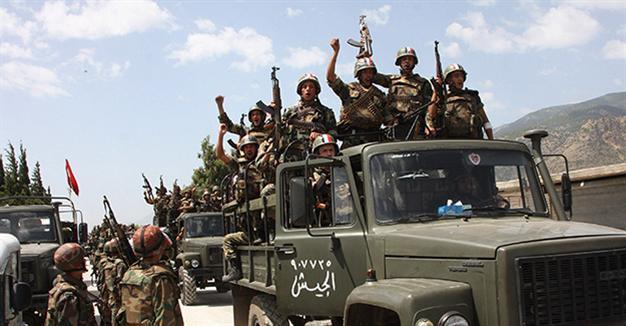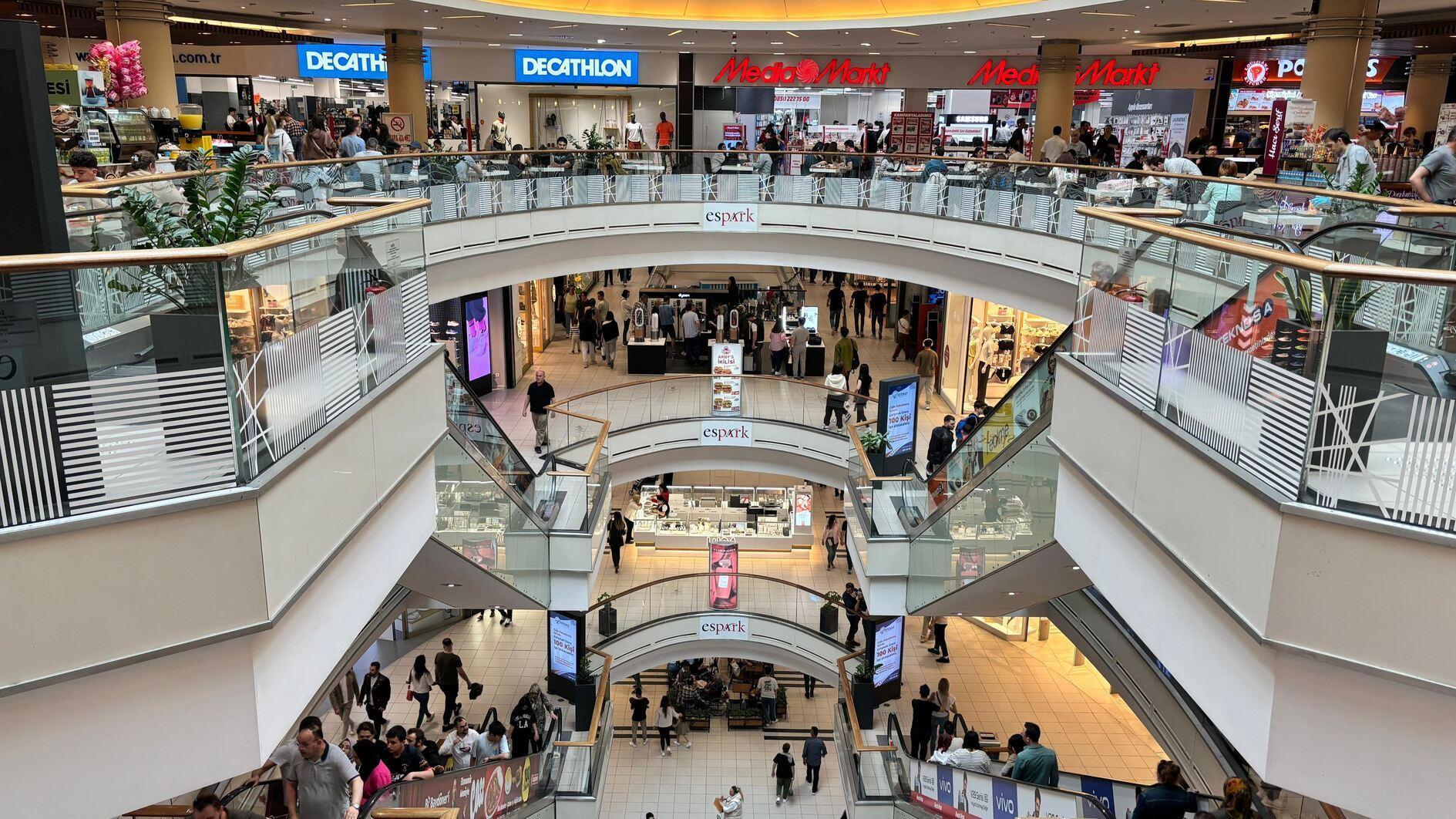Syria rivals clash ahead of peace talks
GENEVA

AP Photo
Syria’s warring sides prepared on March 13 for fresh peace talks after locking horns over the fate of President Bashar al-Assad, with the regime insisting his ouster was a “red line” while the opposition vowed to see him go - dead or alive.The U.N.-brokered indirect negotiations are due to start on March 14 in Geneva, the latest international push to try to end Syria’s five-year conflict, which has killed more than 270,000 people and forced millions from their homes.
Government negotiator Bashar al-Jaafari arrived on March 13 in Geneva, where delegates from the main opposition group, the High Negotiations Committee (HNC) are already preparing.
Analysts have said much has changed since the last round collapsed in February as fighting raged, but that the huge regime-opposition divide will complicate a settlement.
A fragile February 27 truce brokered by the United States and Russia has largely held despite each side accusing the other of violations, a development U.S. Secretary of State John Kerry said was “very significant.”
But key obstacles remain, including the fate of Assad, the holding of elections within 18 months and the shape of any new government.
“We will not talk with anyone who wants to discuss the presidency... Bashar al-Assad is a red line,” Syrian Foreign Minister Walid Muallem said in Damascus on March 12.
“If they continue with this approach, there’s no reason for them to come to Geneva.”
The HNC has repeatedly called for Assad’s departure as a prerequisite for any deal.
“We believe that the transitional period should start with the fall, or death, of Bashar al-Assad,” chief opposition negotiator Mohammad Alloush told AFP in a joint interview in Geneva.
“It cannot start with the presence of the regime, or the head of this regime still in power.”
U.N. peace envoy Staffan de Mistura has said the Geneva meetings, opening on the eve of the fifth anniversary of the start of the conflict in March 2011, would not last more than 10 days.
Assad’s fate has long been a major stumbling block, with key Damascus ally Russia rejecting any suggestion he should go, while the United States wants him to step down.
“Assad is stronger than ever and is going nowhere,” said Joshua Landis, director of the Center for Middle East Studies at the University of Oklahoma, describing the agenda for the talks as “not realistic.”
Muallem said the U.N. envoy had no right to “discuss presidential elections,” saying the talks aimed to form a unity government to appoint a committee to either write a new constitution or amend the existing one.
“Then we will have a referendum for the Syrian people to decide on it,” he said.
Russia - which launched its own air strikes in support of the Assad regime in September - had called on de Mistura to include Syrian Kurds in peace talks.
Kerry, who was in Paris on March 13 for talks with European partners on the conflict, said the truce had reduced violence by 80-90 percent, which he described as “very, very significant.”
“We believe that the start of talks this next week in Geneva presents a critical moment for bringing the political solution to the table that we’ve all been waiting for,” he said after meeting top officials in Saudi Arabia on March 12.
















